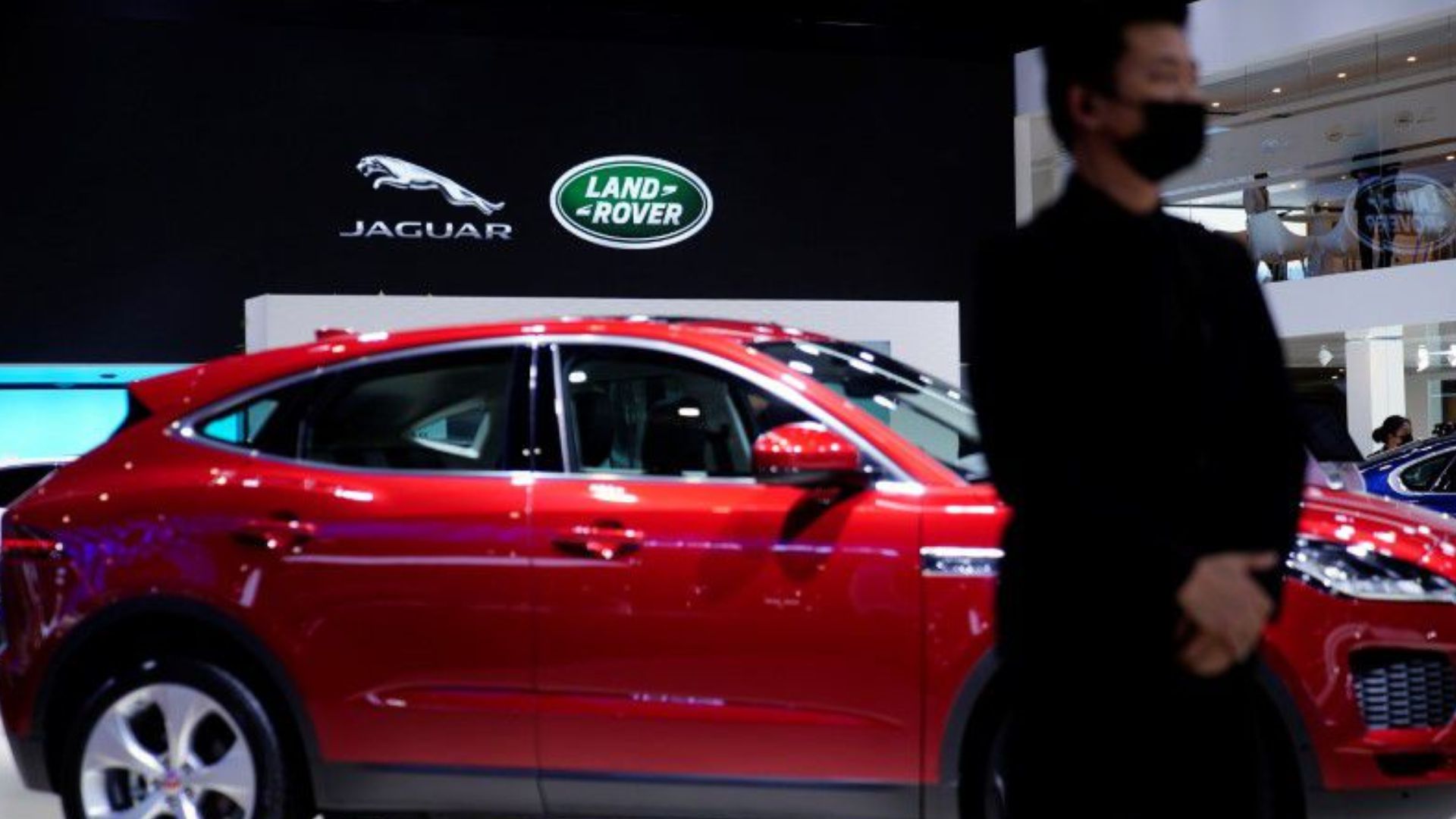Reuters 3 min read
Jaguar Land Rover will begin tests later this year on a hydrogen fuel-cell prototype model based on its Land Rover Defender vehicle as the carmaker looks to expand its zero-emission car options, the company said on Tuesday.
JLR, owned by India’s Tata Motors (TAMO.NS), earlier this year said that its luxury Jaguar brand will be entirely electric by 2025, and the more rugged, off-road Land Rover brand will launch six pure electric models over the next five years. read more
Most of the auto industry is focusing its efforts on developing battery-electric cars to meet tightening emission standards in Europe and China.
But JLR is one of a small number of carmakers that sees possibilities for the mass adoption of hydrogen fuel cells, which emit only water as they produce electricity, and has said it believes hydrogen has a future role in the auto industry.
Hydrogen fuel cells “provide high energy density and rapid refuelling, and minimal loss of range in low temperatures, making the technology ideal for larger, longer-range vehicles, or those operated in hot or cold environments,” JLR said.
The hydrogen Land Rover Defender will undergo tests to “verify key attributes such as off-road capability and fuel consumption,” the company said in a release.
As well as offering the prospect of harmless emissions, hydrogen fuel cells also provide greater range than battery-electric cars. But there is little fuelling infrastructure currently in place to support mass adoption of the technology.
German carmaker BMW (BMWG.DE) plans a limited series hydrogen fuel cell model SUV in 2022 as it continues to research zero-emission alternatives to battery-electric cars. read more
In December, Japanese carmaker Toyota Motor Corp (7203.T) unveiled its revamped Mirai hydrogen fuel cell car, in a fresh push to promote the zero-emission technology amid rapidly growing demand for electric vehicles. read more
Japan’s Honda Motor Co (7267.T) and South Korea’s Hyundai Motor (005380.KS) have developed fuel-cell models.











